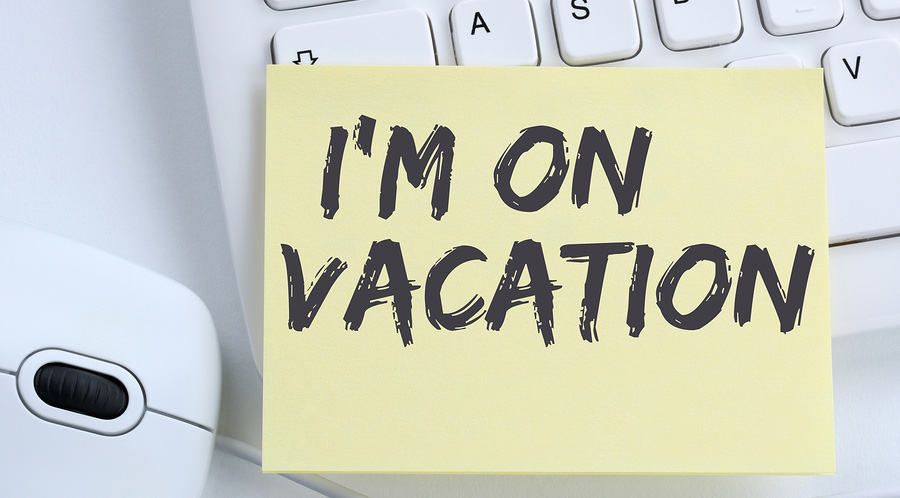Over the years, the number of days that workers can take for vacation time has steadily increased for most employees. However, at the same time, more people are working multiple jobs, skipping or shortening their vacations, or starting their own businesses and simply doing without any vacation time at all.
While it is clear to see why many employees, self-employed, and even upper-level management professionals think that taking a vacation is not in their best interest, they are incorrect. In fact, studies show that taking a vacation that is a true break from work has multiple benefits for the individual. These benefits also create benefits for the company and the workplace as a whole.
A few of the key benefits of taking time off of work, not just working from home or being “on-call” throughout your time off include:
- Better relationships with the family – time to spend with partners, spouses, children, and other family members is a benefit of vacation time. Even if you plan a “stay-cation” or just take the kids to the local park, having that uninterrupted and meaningful time creates stronger bonds and a more significant sense of connection and wellbeing outside of the workplace. This leads to happier employees that have a network of support at home.
- Lower burnout rates – burnout at work results in poor performance, lack of motivation, lack of creativity, and difficulties with managing change or challenges. Employees that take full vacation breaks have lower burnout combined with higher creativity, productivity, and resilience to any changes or challenges.
- Fewer health issues – high stress levels combined with burnout can result in increased physical health issues. Taking a vacation removes the individual from the stressful situation, allowing them to rejuvenate physically as well as emotionally and mentally.
- Increased productivity – employees and managers are more productive and creative when they are emotionally and mentally relaxed and calm. After a vacation, it is easier to look at problems from different perspectives rather than simply working over the same problem from the same viewpoint.
- Fewer lost man hours – even if medical health issues are not a problem, people that fail to take regular vacations tend to have more missed days. These may be classified as sick days, and they are often linked to stress-related conditions such as headaches, digestive problems, depression, anxiety, or burnout.
The key in any workplace is for the management team to set an example. By making time off a priority as a manager, employees are more comfortable taking their vacation days without feeling guilty or pressured to keep working.

